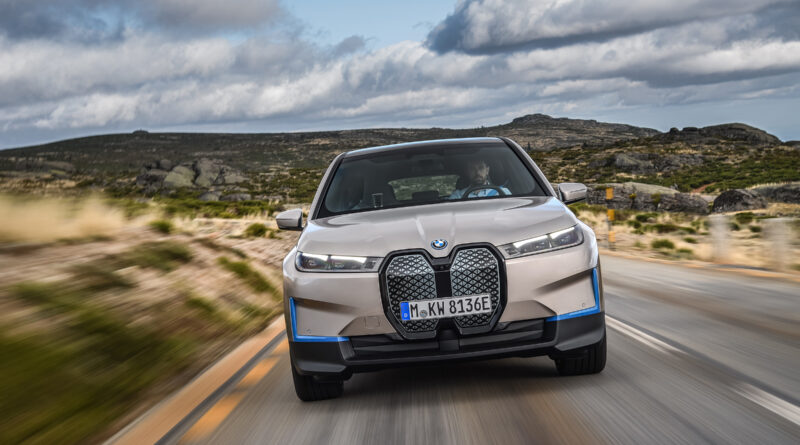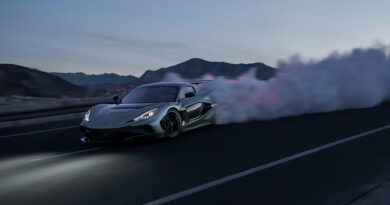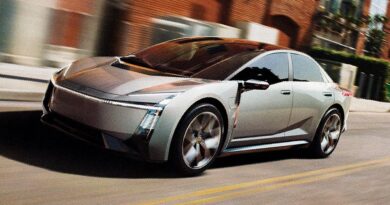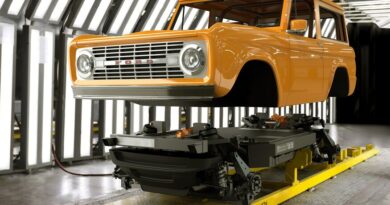BMW promises solid state battery vehicle ‘well before 2025’
BMW says it will implement solid-state batteries into its series production EVs by the end of this decade and have a demonstrator vehicle using the technology “well before 2025”.
The German brand has long championed the use of solid state batteries, with its latest announcement stating it sees the technology “as a game changer in the automotive field”.
Solid state batteries use solid materials – often a special plastic – rather than liquid electrolyte. Positives include having higher energy density and thus more driving range for the same size battery pack. They are also less likely to catch fire if damaged, can charge faster and shouldn’t degrade as quickly as current lithium-ion batteries.
Price problem
Holding them back is price. They’re expensive. Even so, last year Mercedes-Benz introduced the world’s first production electric vehicle powered by solid-state batteries in its eCitaro G articulated bus, while Toyota has said it will debut a solid state battery this year ahead of a mid-decade roll-out.
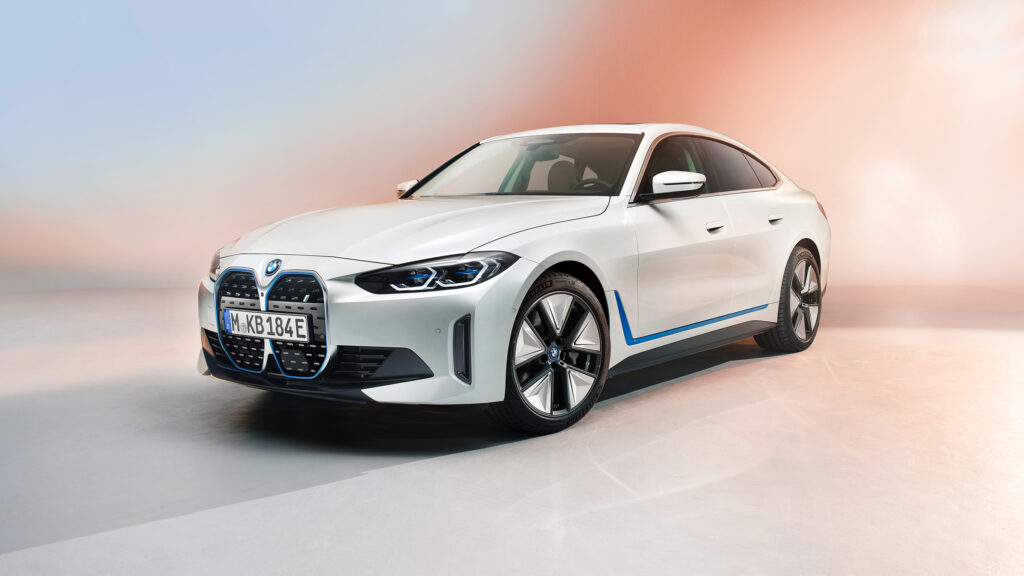
Back to BMW. Last month it presented at its annual conference the Neue Klasse (New Class) for 2025 – vehicles clearly focused on all-electric drivetrains – with promises of vast improvements on the battery front.
In its latest statement, BMW says for these cars it “aims at the level of state-of-the-art internal combustion engines in terms of range and manufacturing costs.” This is a key statement suggesting the price of these vehicles could ultimately mirror that of its petrol or diesel offerings.
While the promise is BMW will have a solid state battery demonstrator vehicle before 2025, it has not suggested solid state batteries will be used in these Neue Klasse vehicles from the outset. It has, however, hinted there’ll be significant leaps over the battery technology used in its current EVs.
Big tech leap
“With the Neue Klasse, we will make a big leap in technology in electric drive,” said Oliver Zipse, Chairman of the Board of Management of BMW AG. “We want to significantly increase the energy density of the cells and reduce the costs of material use and production at the same time. We will also significantly reduce the use of primary material to ensure a truly ‘green’ battery.”
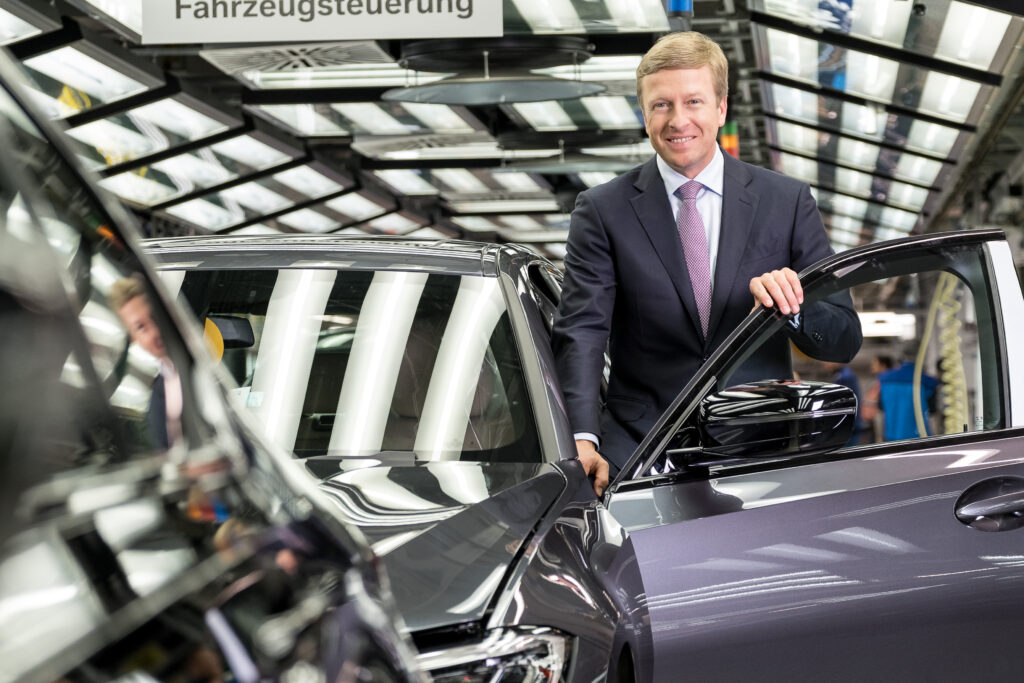
BMW board member Frank Weber added: “We are doing intensive research on solid-state battery technology. By the end of the decade, we will be implementing an automotive-compatible solid-state battery for series production.”
BMW has set bold targets for its EV and battery plans over coming years. Frank Weber said: “The greenest electric car in the world will be a BMW – sustainable from the initial idea to recycling after its use phase. We are developing the battery cell of the future: it will be powerful, safe, cost-effective, and recyclable.”
10 million EVs in 10 years
It was also said BMW Group plans that by 2030 at least 50 percent of its global sales will consist of all-electric vehicles.
In total, the company estimates it will have delivered around two million all-electric vehicles to customers by the end of 2025, and will bring about ten million all-electric vehicles to the road in approximately the next ten years.
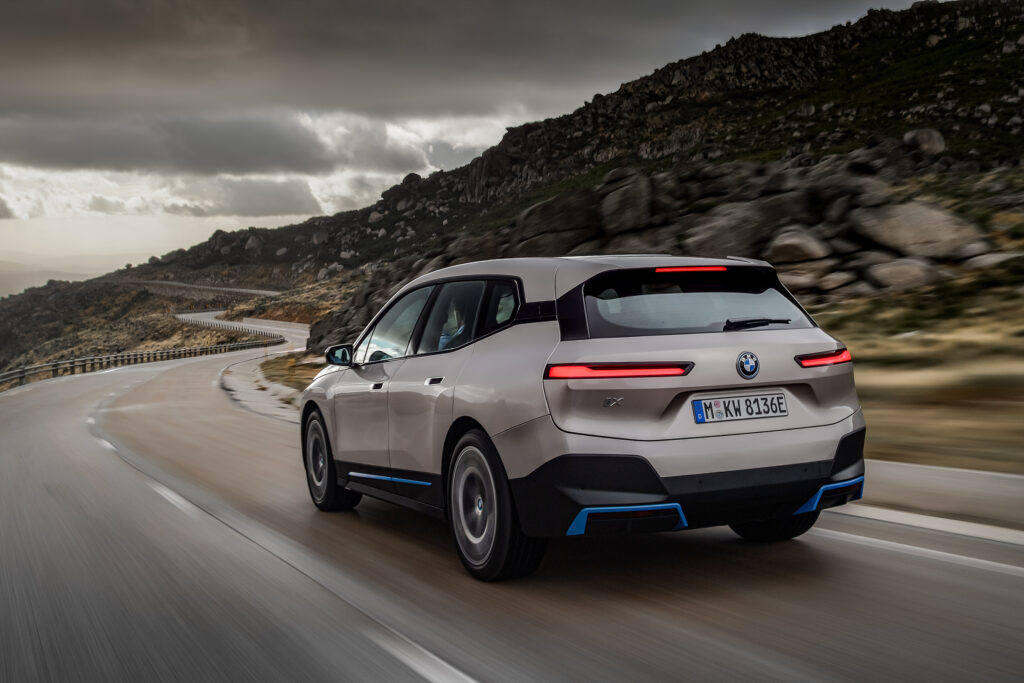
It plans to have around a dozen all-electric models on the road as early as 2023. Speaking globally, it said: “In addition to the BMW i3, Mini Cooper SE and BMW iX3, which are already on the market, two key innovation drivers, the BMW i4 and the BMW iX, will be put on the road this year– the BMW i4 even three months earlier than originally planned.”
It has also promised full electric versions of the 5 Series, X1, 7 Series and Mini Countryman in coming years.

